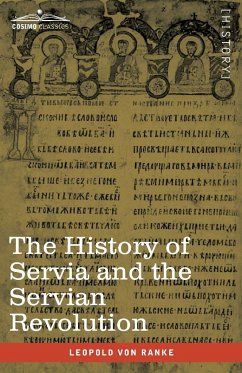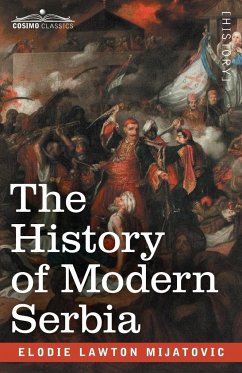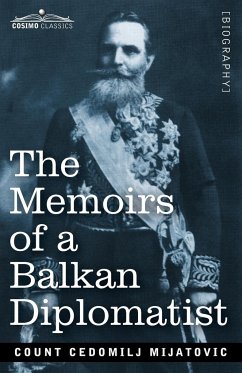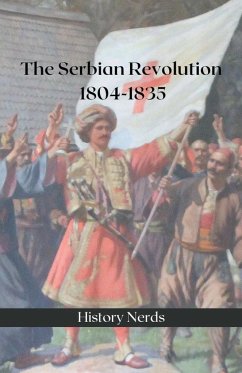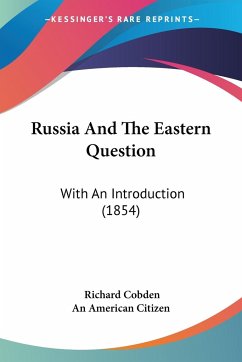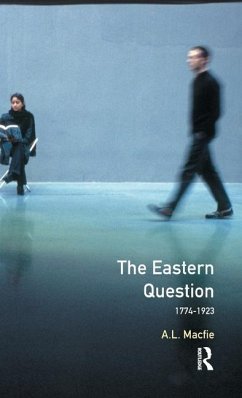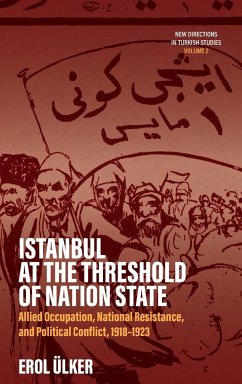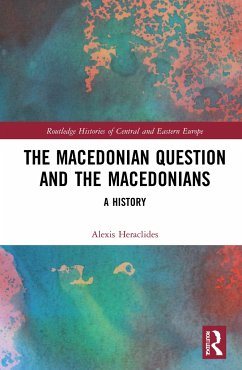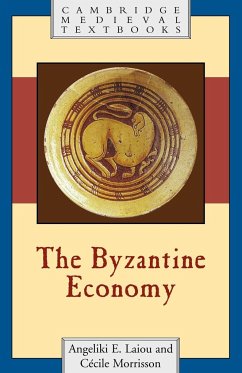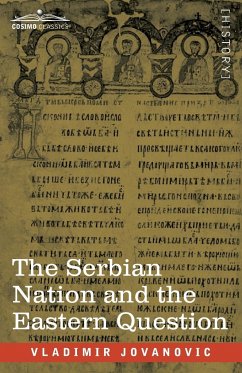
The Serbian Nation and the Eastern Question
Versandkostenfrei!
Versandfertig in 1-2 Wochen
13,99 €
inkl. MwSt.

PAYBACK Punkte
7 °P sammeln!
"It has been often said that the Christian races in the East have no claim to the considerations of the Western States. We would ask the leaders of English foreign policy why they are thus always opposed to the emancipation of the Eastern Christians from the Turkish yoke?" —Vladimir Yovanovitch, The Serbian Nation and the Eastern Question Vladimir Yovanovitch, a liberal Serbian politician, wrote The Serbian Nation and the Eastern Question (1863) while in London to garner British support for Serbia in its struggle against the Ottoman Empire. The "Eastern Question" refers to the political cons...
"It has been often said that the Christian races in the East have no claim to the considerations of the Western States. We would ask the leaders of English foreign policy why they are thus always opposed to the emancipation of the Eastern Christians from the Turkish yoke?" —Vladimir Yovanovitch, The Serbian Nation and the Eastern Question Vladimir Yovanovitch, a liberal Serbian politician, wrote The Serbian Nation and the Eastern Question (1863) while in London to garner British support for Serbia in its struggle against the Ottoman Empire. The "Eastern Question" refers to the political considerations of the European Great Powers, while the European balance of power was being threatened by the weakening Ottoman Empire during the late 18th to early 20th centuries. In this essay, Yovanovitch describes the Serbian history of self-government and spirit of freedom from the seventh century on, and in his words, "tries to demonstrate the ability of the Serbian nation for an intimate union with its liberal brethren, by proofs drawn from history, and from the political life of the Serbian people."





